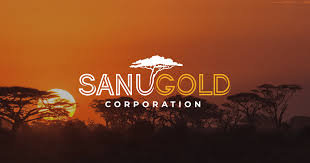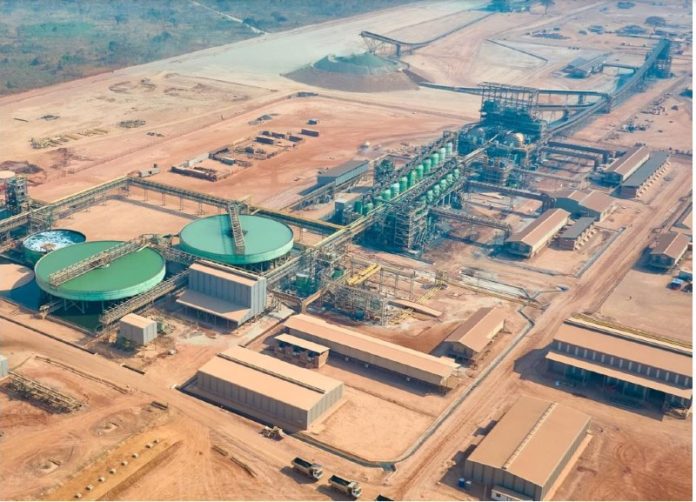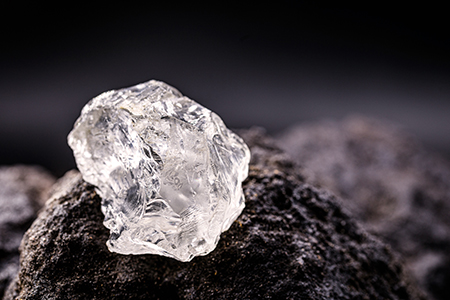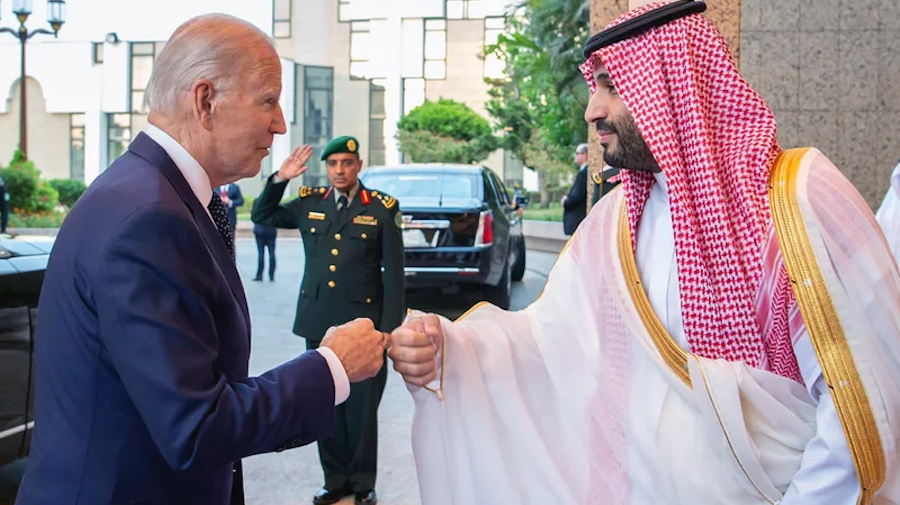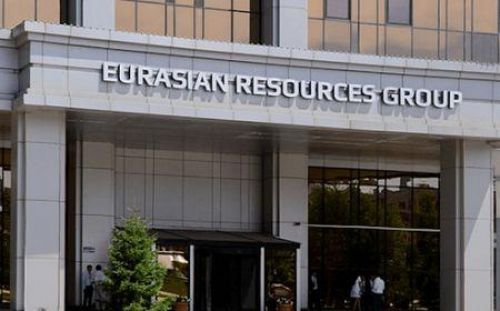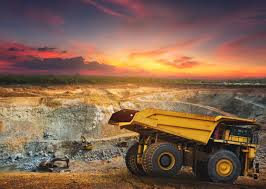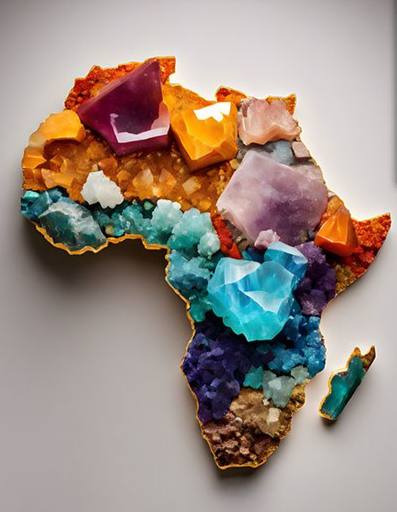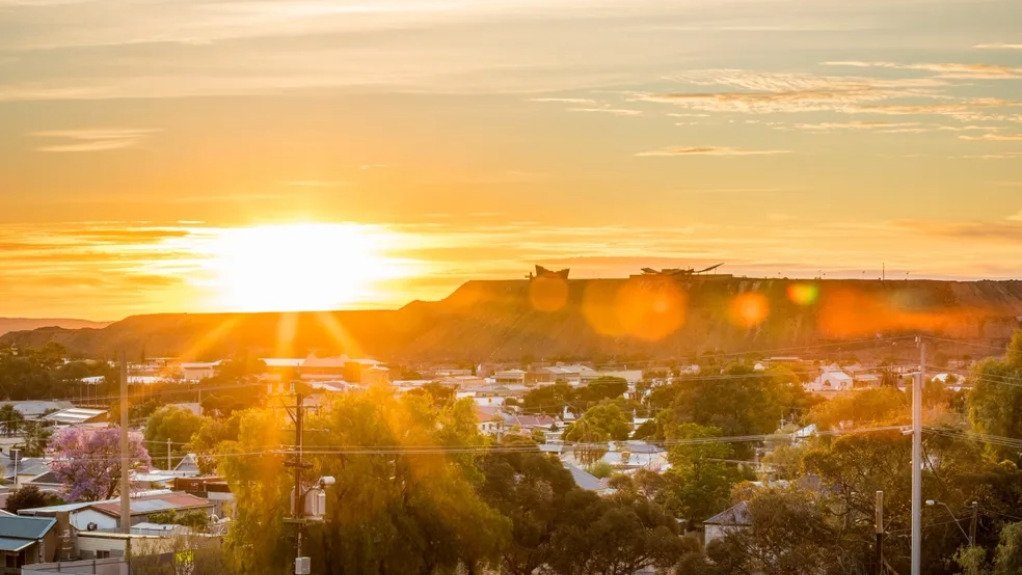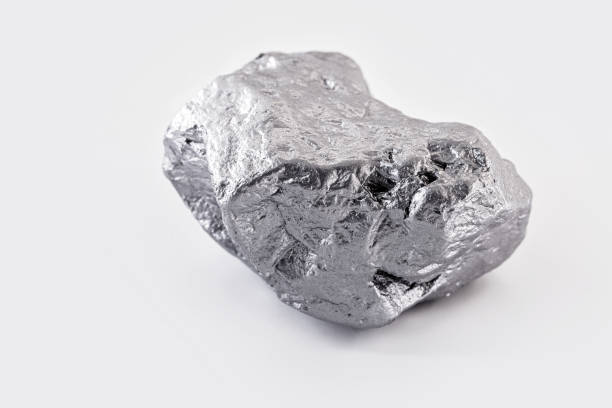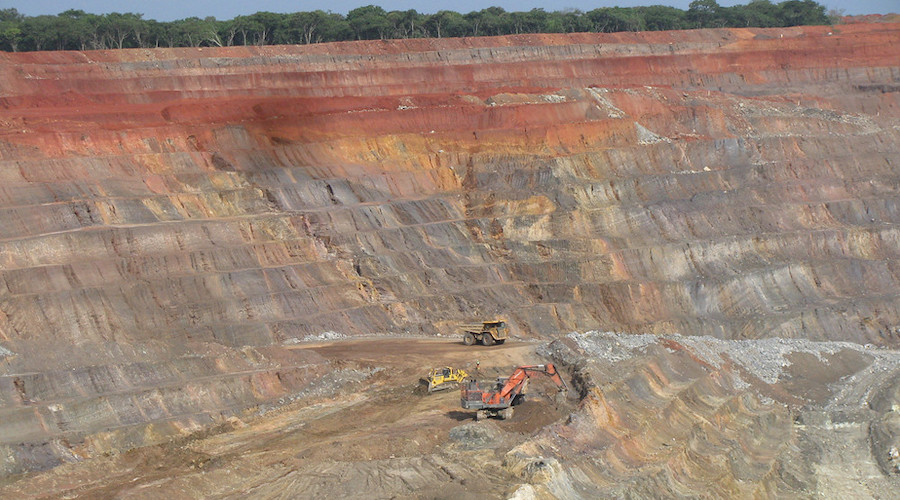Base Metals

In the EV race, Saudi Arabia hunts for lithium everywhere
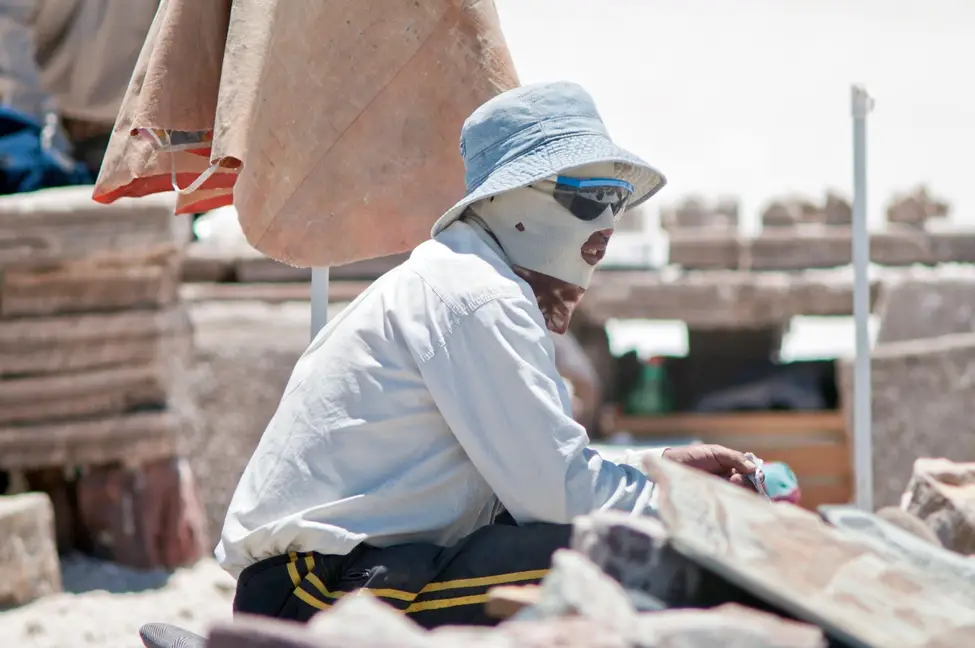
Senior officials from Saudi Arabia and Peru held virtual discussions last week about opportunities to jointly tap into 5 million tons of lithium reserves in the Andean country’s southern Puno region.
This is the latest chapter in the kingdom’s all-of-the-above pursuit of the material at home and abroad as it seeks to develop electric vehicle manufacturing capacity.
Lithium is a critical ingredient for EVs’ rechargeable batteries, among other advanced technology.
“Saudi Arabia is very committed to developing a battery industry,” says Ionut Lazar, principal consultant at CRU in London. “They see power costs and the future deployment of a lot of renewable power as strategic advantages.”
“Geopolitical non-alignment” may also give the kingdom a leg-up in establishing an alternative battery centre outside of China, the dominant industry player, as trade and geopolitical tensions rock international commerce.
“This is very much seen as an integrated exercise for Saudi Arabia, which entails access to battery raw materials, including lithium,” Lazar says.
Global consumption of lithium has grown tenfold since 2010, with demand slated to triple from current levels by 2040, according to the International Lithium Association.
Prices have been seesawing in recent months due to China’s mixed economic performance, sluggish EV sales globally and supply forecast to outstrip demand until the end of the decade.
But the balance is expected to shift at that point, unless more production comes online.
Saudi leaders have been making their EV push via two main channels: the Public Investment Fund’s majority ownership of US manufacturer Lucid and the homegrown joint venture between PIF, Foxconn and BMW into the Ceer brand. Ceer is expected to deliver its first vehicles in late 2026.
Riyadh alone will need at least 1.5 million EVs to meet a target of electrifying 30 percent of its fleet before the end of the decade, Joseph Salem, a partner at Arthur D. Little, told Arab News in June.
The talks between the Saudi deputy minister of mineral resources management Abdulrahman Albelushi and Peru’s energy and mines minister Jorge Montero on July 16, reported by the Peruvian news agency, follow engagement by Riyadh across Latin America.
In the past year, Saudi officials have been exploring partnerships to extract lithium in Argentina, which is pulling increasing weight in this industry, and with the likes of state-owned mining giant Codelco in Chile, a top-three global producer along with China and Australia.
Codelco is currently in the midst of a controversial deal to join up with privately-owned Sociedad Química y Minera de Chile SA (SQM), the second largest lithium miner in the world.
“SQM and Codelco would be ideal partnership options for Saudi Arabia in the pursuit of a market position in lithium,” he says. “SQM in particular would probably welcome a capital injection given the current state of the lithium market.”
A tie-up with Codelco or SQM would follow in the footsteps of Saudi Arabian Mining Co. (Ma’aden)’s 10 percent acquisition of Brazil’s Vale Base Metals last year as part of the kingdom’s larger “learning curve,” according to Christopher Ecclestone, a mining strategist at Hallgarten & Company.
“The Saudis don’t know much about the mining and processing of big minerals besides the ones that they do, like bauxite and a few others,” Ecclestone says. “So they got into Vale, I think, to learn things.”
The Saudi focus on lithium also spans the joint venture with European Lithium and the Obeikan Investment Group to refine rock mined in Austria at a new facility in the kingdom.
Australia’s EV Metals Group is separately building a plant in Yanbu Industrial City on the Saudi Red Sea coast to process lithium chemicals from feedstock extracted in the western region of the Oceanic nation.
Meanwhile, the kingdom is advancing efforts to extract its own lithium from oilfield run-off.
A partnership between Ma’aden, Aramco and start-up Lithium Infinity (Lihytech) yielded successful testing at the end of last year and is turning into a commercial pilot programme, but production at scale will take time to come online, according to experts.
Saudi Arabia’s all-in lithium strategy goes hand in hand with broader efforts to establish itself as a global critical mineral and rare earth hub worth trillions of dollars.
It represents “massive work on an entirely new supply chain that needs to be serviced at all levels,” according to Hamzeh Al Gaaod, a Mena analyst with TS Lombard in London.
“The beauty of this story, it is still in early development, with many of the initial announcements taking place mid to last year,” he says. “It will develop overtime.”



